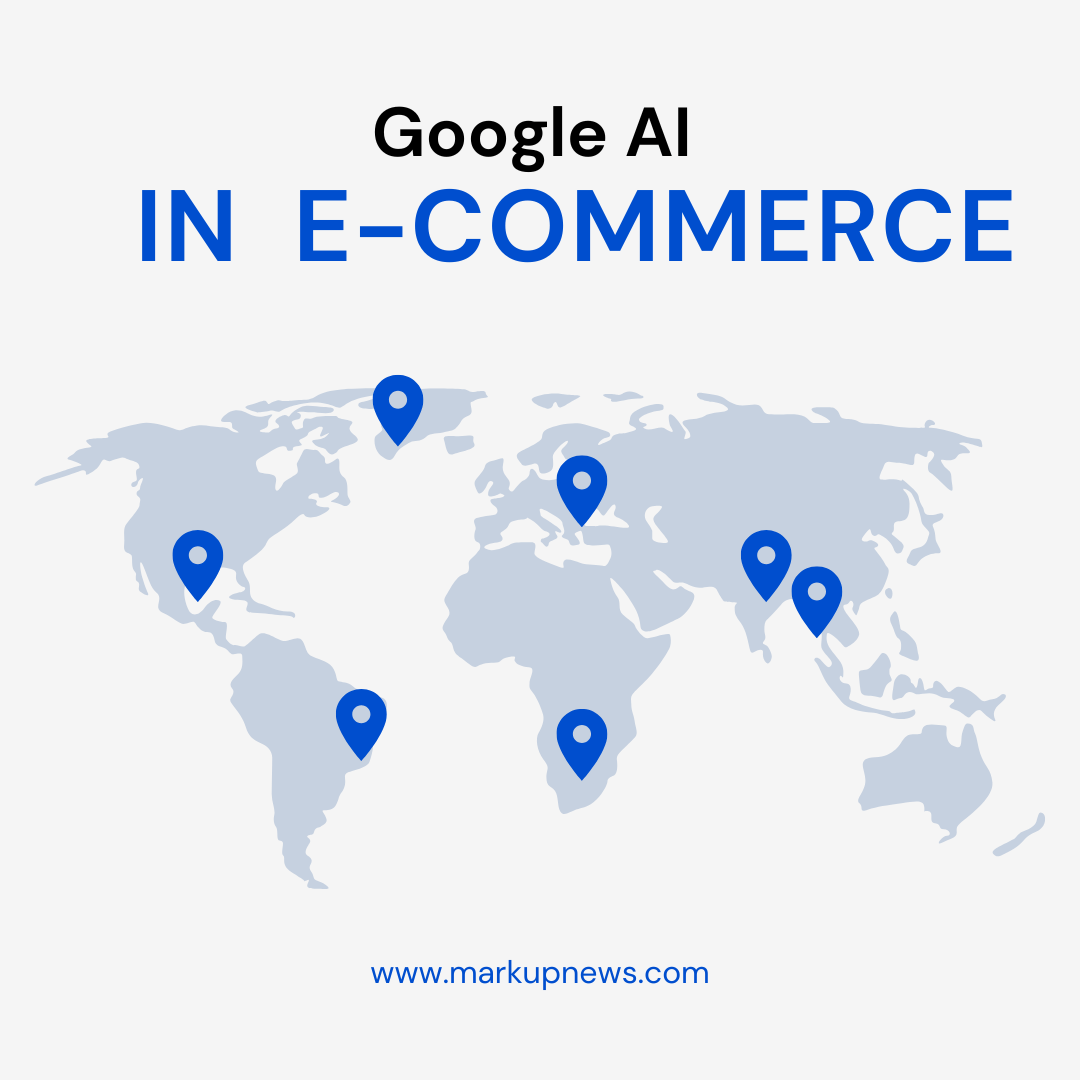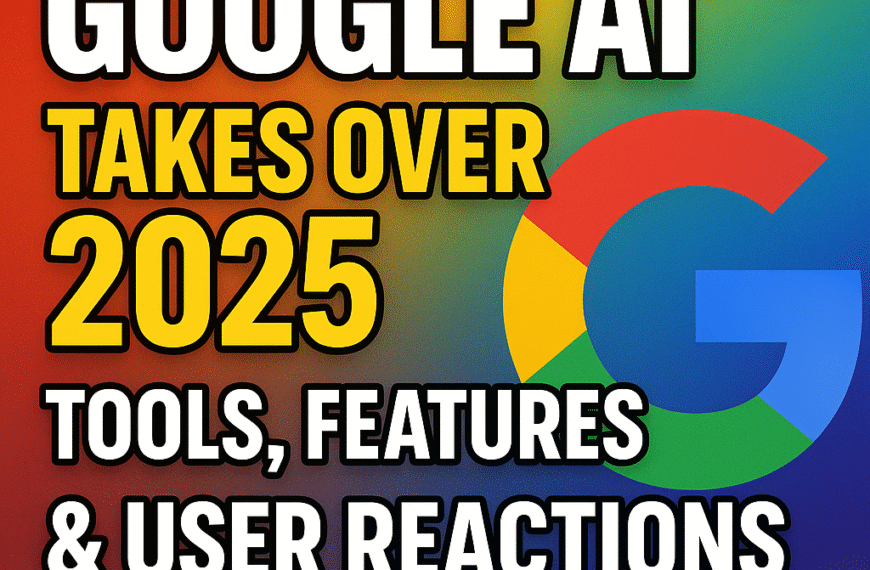Google AI:
Artificial intelligence is transforming e-commerce in today’s fast-paced digital world. Google AI in e-commerce is leading that transformation. But while AI is making shopping smarter, it’s also raising some serious concerns. Are businesses handing over too much control? Is our data truly safe? Let’s unpack what’s going on behind the screen.
Google AI in E-Commerce 2025?
Google’s AI in E-Commerce is all about weaving artificial intelligence into almost every aspect of your online shopping experience. It influences everything from the products that pop up in your search results to their prices, and even the little nudges you get to make a purchase.
Whether you’re a shopper or a seller, this means:
- Tailored product suggestions
- AI-managed ad campaigns
- Predictive pricing and inventory control
Sounds impressive, right? But there’s a catch.
Google AI in E-commerce: Benefits, Businesses, and Shoppers Love.
AI, especially when powered by a tech giant like Google, brings a lot of value to the table:
- Faster, more relevant search results
- Automated ad optimisation
- Higher customer engagement
- Time-saving tools for sellers
Many brands report better conversion rates and reduced marketing costs. But while those results are great, they come with hidden trade-offs.
The Flip Side: Where’s Your Data Going?
One of the biggest concerns is the amount of data Google collects to make this all work.
Think about it:
- Your search history
- Items you click on but don’t buy
- Time spent on certain product pages
- Even your device’s location and browsing patterns
All are analysed to create what Google believes is the “perfect” shopping experience. But with so much personal data in the mix, one major question lingers:
Who owns that data — you, or Google?
Small Businesses Are Getting Squeezed.
While big brands have the resources to play the AI game, smaller sellers may find themselves at a disadvantage.
Here’s why:
- Competing for visibility in Google’s ecosystem gets expensive
- Google’s algorithms can favour those who spend more on ads
- Businesses have little say in how their content is ranked or promoted
In short, the deeper you get into AI-powered selling, the more you rely on Google — and the harder it becomes to stand out without constantly paying to play.
Let’s say a small online store uses Google’s AI tools for:
- Targeted ads.
- Smart pricing.
- Inventory suggestions.
At first, things go smoothly. But what happens when:
- Google changes its algorithm
- Ad rates go up
- The AI misjudges a trend and over-orders a product?
The business is stuck. It’s dependent on tools it doesn’t control and can’t easily replace. That’s not innovation — that’s tech entrapment.
Privacy: The Silent Trade-Off.
While Google promises security, there’s always a risk when so much personal and business data is centralised. Questions arise like:
- Could this data be shared with third-party advertisers?
- What if there’s a breach?
- How are consent and transparency being handled?
In the race to deliver ultra-personalised shopping, privacy often takes a back seat.
What Can Businesses Do?
You don’t need to ditch Google, but you do need to protect your brand and your data:
✅ Build your customer list (emails, CRM)
✅ Diversify your marketing (don’t rely only on Google Ads)
✅ Stay compliant with data privacy laws (GDPR, CCPA, etc.)
Final Thoughts: Smart Tech, Smarter Decisions (Google AI In E-commerce).
Google’s AI Mode is undeniably powerful. It’s changing how we shop, sell, and experience e-commerce. But that doesn’t mean we should adopt it blindly.
Businesses — especially smaller ones — need to ask themselves:
- Are we in control of our growth?
- Do we fully understand the data being collected?
- Are we prepared if Google changes direction?
- Google AI in E-commerce is better for you.
Because in the end, the smartest move isn’t just adopting AI — it’s knowing how to use it without losing yourself in the process.








